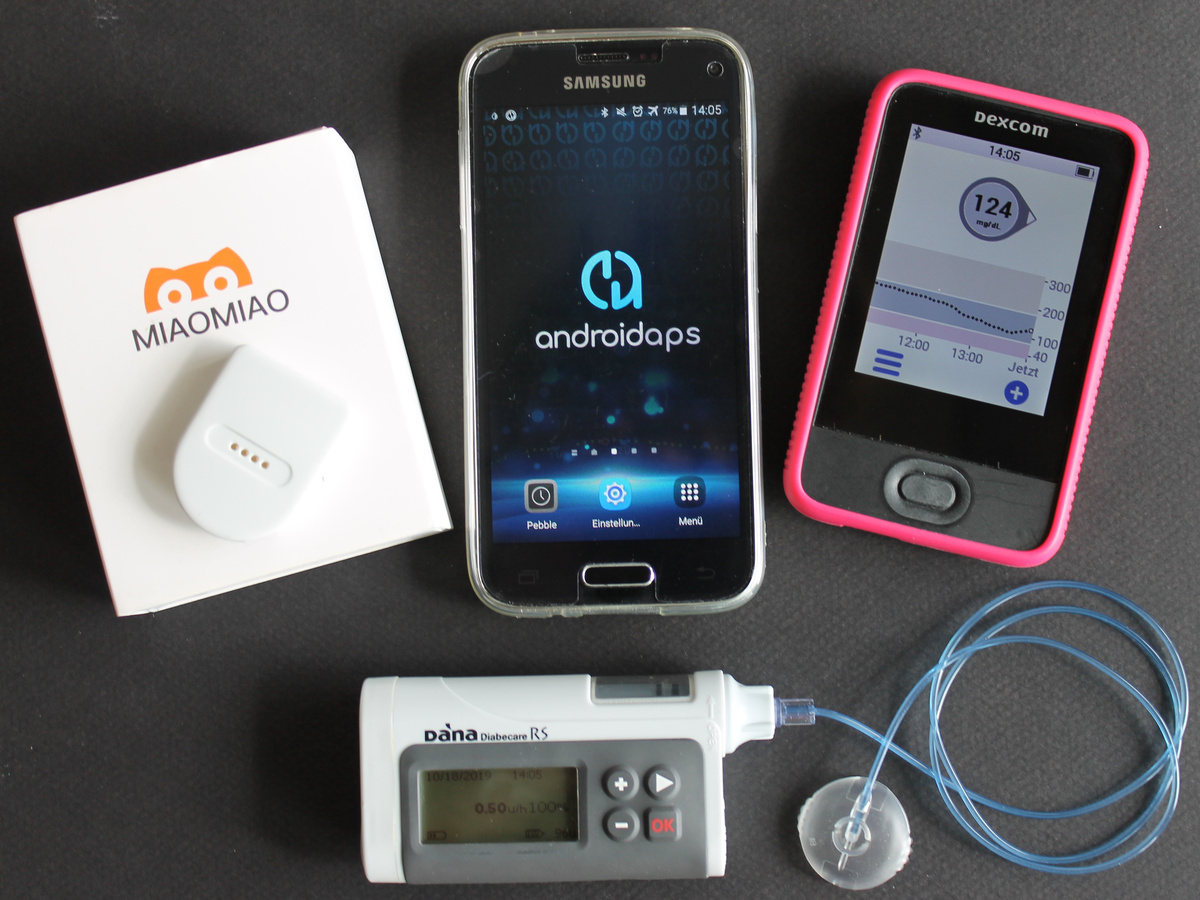Citizen science: Pilot project on type 1 diabetes launched at ITAS
Type 1 diabetes as a chronic condition is associated with constant self-monitoring and the risk of hyper- and hypoglycemia. It is difficult for those affected to cope with potentially severe acute and long-term health consequences, even with the help of modern technological systems.
An alternative are so-called artificial pancreas systems or (hybrid) closed-loop systems. A group of affected individuals and their relatives have come together to make self-developed technologies for automated insulin delivery freely available, since these are far more efficient than the commercial versions.
Involving those affected in research
The citizen science project “Impacts of technical systems on the personal quality of life of people with type 1 diabetes”, in short “TeQfor1,” aims to involve citizens with type 1 diabetes in scientific research. Over the next two years, TeQfor1 will provide users of these DIY technologies with an approach to enable a scientifically sound evaluation of their systems according to their own criteria. The background is that so far there are hardly any scientific studies on their effectiveness (e.g., improvement of blood glucose levels and quality of life).
One of the specific tasks of ITAS is to enable citizen scientists to share and discuss their own criteria for quality of life. The participants can access the expertise of the project team at any time and obtain advice on emerging methodological and other questions relating to the evaluation of the technologies.
Project partners in the pilot project funded by the Helmholtz Association are the Institute for Diabetes Research and Metabolic Diseases (IDM) at Helmholtz Zentrum München and the GECKO Institute for Medicine, Informatics and Economics at Heilbronn University. ITAS coordinates the scientific and technical work within the project. (22.10.2019)
Further links and information:
- Project page TeQfor1 – Impacts of technical systems on the personal quality of life of people with type 1 diabetes
- Contact at ITAS: Silvia Woll, silvia.woll∂kit.edu
- Press release (German) on citizen science pilot projects of the Helmholtz Association
- Video Was ist Bürgerwissenschaft (What is Citizen Science)


